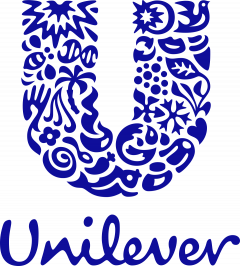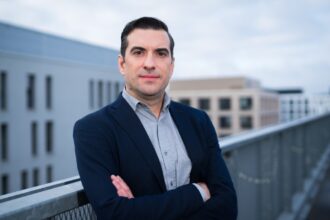Nearly 75% of Kids Surveyed in Singapore Are Still Not Washing Their Hands Correctly
- Three years since COVID-19 began, survey reveals that one-quarter of kids do not wash their hands after using the bathroom
- 56% don’t use soap every time they wash their hands
- 72% do not comply with guidelines recommending they wash their hands for 20 to 30 seconds[i]
Lifebuoy, the world’s number one hygiene soap brand[ii], today released the findings of a Singapore online survey into parents’ or guardians’ handwashing expectations compared with the actual reported behaviour of children. The survey findings, timed for Global Handwashing Day on 15 October, highlight the need to further educate children on how best to wash their hands to prevent the spread of illness and disease.
The survey is the first time the brand has researched Singaporean families, including children, and it provides a live cultural snapshot into handwashing post-pandemic. It found that most children understand the importance of handwashing to “keep germs away” and “stop the spread of viruses”. Additionally, many children reported washing their hands at critical times of the day, including before eating (73%) and after using the bathroom (75%). However, it also revealed that one-quarter of children reported that they do not wash their hands after using the bathroom or before they eat and more than half (56%) do not use soap every time they wash their hands.
Since the pandemic, 81% of parents or guardians who participated in the online survey said they have increased their expectations of how many times their child should wash their hands per day, and 73% have increased the length of time they want their child to wash their hands for each time.
Yet only one-quarter of parents or guardians surveyed teach their children to wash their hands for 20 to 30 seconds as recommended by UNICEF.[iii] Handwashing is one of the most effective ways of protection and one of the most cost-effective solutions to protect communities.
Poh Khim Yin, Global Brand Lead, Lifebuoy, said: “This survey reiterates the importance of a consistent approach to educating kids about proper hygiene, especially in light of the easing of pandemic restriction. We also know the annual uptick of influenza and other respiratory viruses during peak seasonal flu months from November through January.[iv] Given the fatigue of hearing messages about hygiene and fewer reminders around health, this survey highlights the reminder for us to make hygiene a habit.”
According to the survey, the responsibility to teach and impart handwashing habits to children falls predominantly on parents’ or guardians’ shoulders, with 71% of children identifying parents or guardians as having the most influence on them. However, 89% of parents surveyed also agreed that their child learns important life skills such as hygiene practices from their peers. The concept of peer learning is further explored in the Lifebuoy-commissioned “All Hands On Deck: Promoting Hand Hygiene through Peer-to-Peer Learning” report co-authored by Research For Impact Singapore and Weber Shandwick.
Dr. Joanne Yoong, Founder, Research for Impact Singapore, said, “Most children who participated in the Lifebuoy survey did not need further information about the benefits of washing their hands, but instead needed to change their behaviors. Parents and teachers have an important role to play, but evidence shows that children can also learn effectively through their fellow peers, especially in early childhood.”
Unilever’s Global Handwashing Day 2022 Theme: The power of peer-to-peer learning
‘H for Handwashing’ is the award-winning global behaviour change program created by Lifebuoy in 2020. The campaign aims to teach children the importance of good hygiene by co-creating programmes with education, health, humanitarian, and behaviour change experts to encourage handwashing habits in children from a young age. The survey findings present a unique opportunity for Lifebuoy to help Singaporean children develop strong habits around handwashing.
This year, the brand will increase its impact even further. Lifebuoy has appointed over 100,000 ‘H for Handwashing’ Chief Education Officers (CEOs), all children aged between six and 12. Each was chosen due to their passion for positively impacting their local community in remarkable ways. In Singapore, Sharon, age 10, was handpicked to be the official representative for the brand, and she will be used as one of three CEOs to appear in the marketing campaign. The ‘H for Handwashing’ CEOs will be equipped to take the message forward using Lifebuoy’s decade-old proven behaviour change material and work on the ground. The ‘H for Handwashing’ CEOs will visit schools, sharing Lifebuoy’s alphabet book, handwashing games, videos, posters, and more to help drive lasting behaviour change.
[i], iii https://www.unicef.org/coronavirus/everything-you-need-know-about-washing-your-hands-protect-against-coronavirus-covid-19
[ii] Calculation based on Nielsen unit sales information for the total markets (approx. 40 countries). Latest 12 months available










